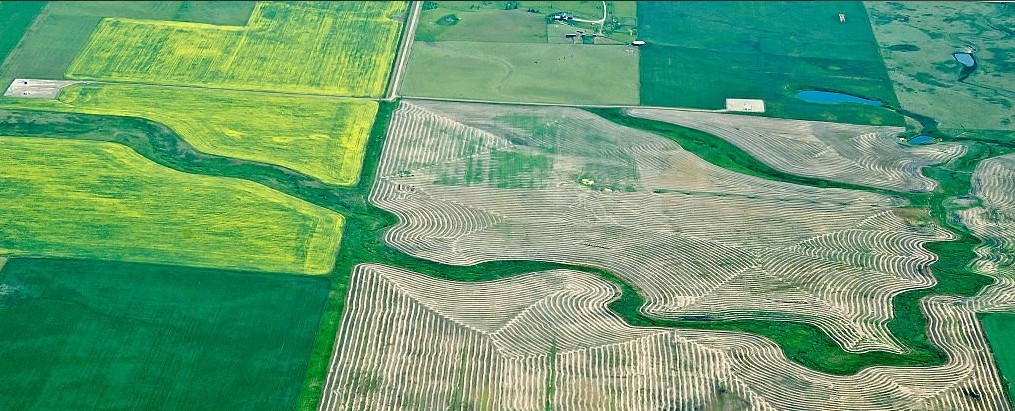Land Pooling Policy in India: A New Approach to Urban Development
India’s swift urbanization necessitates sustainable, inclusive, and efficient city planning strategies. Traditional land acquisition methods have frequently resulted in legal conflicts, displacement, and social unrest. To address these issues, the Land Pooling Policy (LPP) has emerged as a forward-thinking alternative, particularly in metropolitan areas like Delhi, Andhra Pradesh, Punjab and Gujarat. This policy fosters a collaborative and participatory approach to urban development, transforming landowners into active stakeholders rather than passive victims.
What is Land Pooling Policy?
Land Pooling is a strategic policy that allows a group of landowners to voluntarily combine their land parcels for organized urban development. Rather than selling their land outright to the government or private developers, these landowners contribute their properties to a development authority, such as the Delhi Development Authority (DDA).
Once the necessary infrastructure—such as roads, sewage systems, parks, and public facilities—is established, the land is returned to the original owners in a smaller but more valuable and serviced form. For example, if a farmer contributes 1 hectare of land, they might receive back 0.6 hectares after development. The remaining land is utilized by the government for public infrastructure and to recoup development costs through sales or commercial use. Read More

